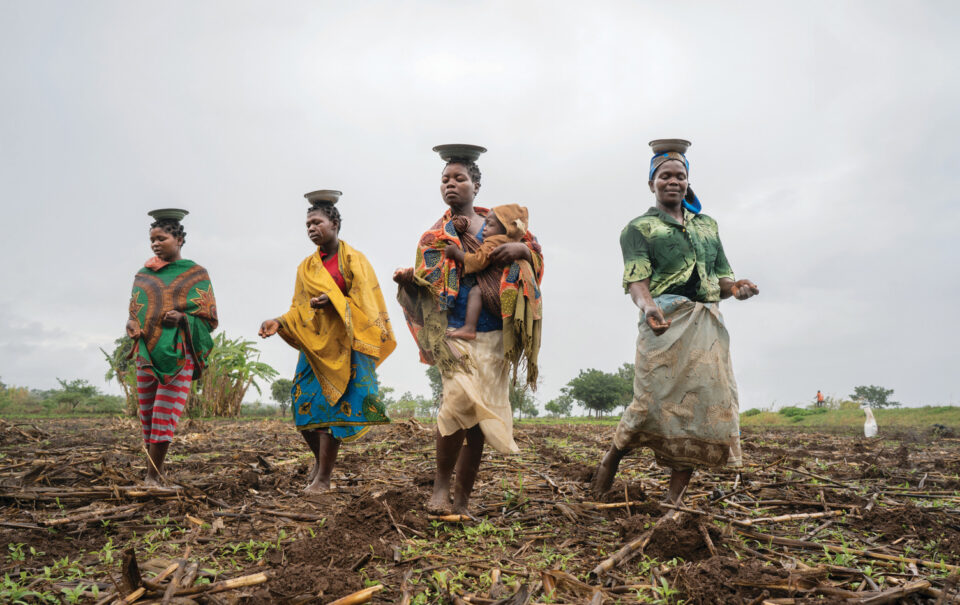The Australian Government has announced a significant investment of A$76.4 million in agricultural research and capacity-building programs aimed at strengthening climate resilience and food security in Africa.
The six-year Africa-Australia Partnership for Climate Responsive Agriculture (AAPCRA), led by the Australian Centre for International Agricultural Research (ACIAR), will work closely with smallholder farmers to enhance access to climate-smart innovations, ensuring sustainable food production amid escalating climate change impacts. The initiative also seeks to empower African research institutions through capacity development and collaboration with policymakers to promote long-term climate-responsive agricultural strategies.
The initiative was unveiled by Australia’s Minister for Foreign Affairs, Senator Penny Wong, during the Commonwealth Heads of Government Meeting in Samoa on October 24.
“Through innovative partnerships and Australian expertise, we are helping to create a future where communities are fed, economies are stronger, and the environment is protected,” said Minister Wong. “This initiative will directly address food insecurity in regions most vulnerable to the devastating impacts of climate change.”
Agriculture is a cornerstone of Africa’s economy, employing over half the working population and feeding millions. However, in 2023, 868 million people were classified as moderately or severely food insecure, a figure expected to rise due to climate change’s disproportionate effects on African smallholder farming communities. Addressing food security and climate resilience remains a priority for many African governments, with the African Union emphasizing the critical role of science and innovation in tackling these challenges.
ACIAR CEO Professor Wendy Umberger expressed confidence in the program’s potential, highlighting Australia’s expertise in agricultural innovation as directly applicable to African contexts.
“The agricultural environments of Africa and Australia share many similar challenges, and Australia’s agricultural innovation system has expertise that is directly relevant to the African context,” said Prof. Umberger. “AAPCRA will leverage this innovation to advance climate-smart, sustainable agricultural practices in Africa.”
Prof. Umberger also noted ACIAR’s long-standing partnerships in Africa, forged over more than four decades across 12 countries in Eastern and Southern Africa, supporting research projects that deliver sustainable development outcomes.
“AAPCRA will build on these relationships, fostering new science collaborations that support locally led development, benefiting rural communities and the broader African society,” she added.
The program will adopt a flexible, multi-faceted approach, engaging national and regional research institutions, universities, and private sector partners. In its first year, A$11.9 million will be allocated to developing bilateral research projects and capacity-building programs, setting the foundation for long-term impacts across Africa.


